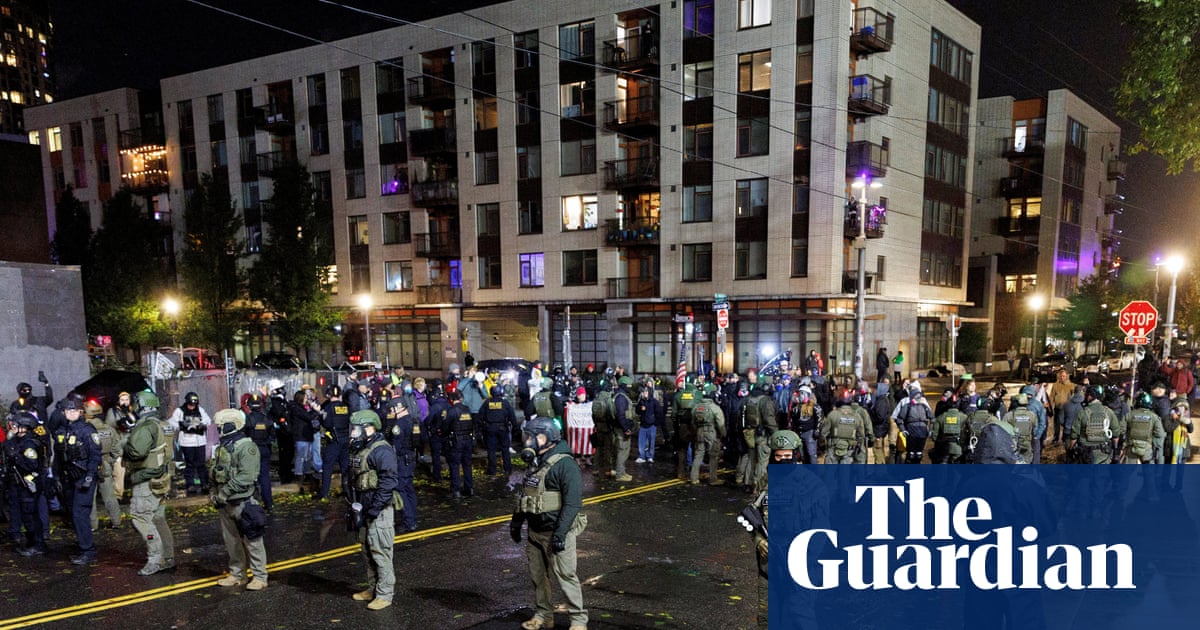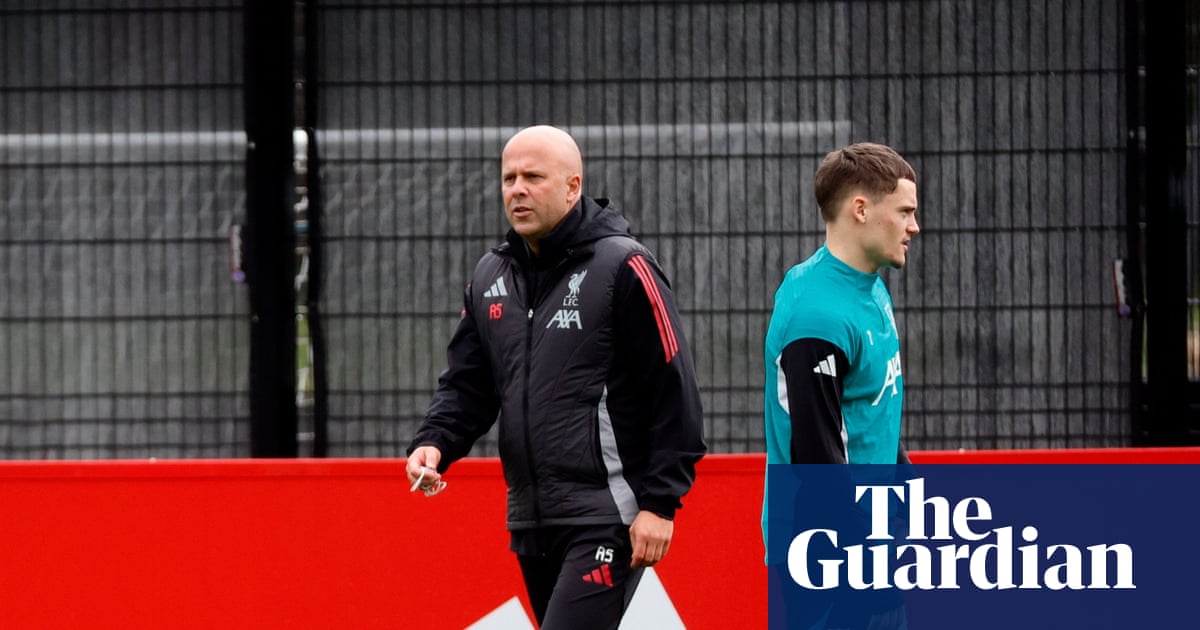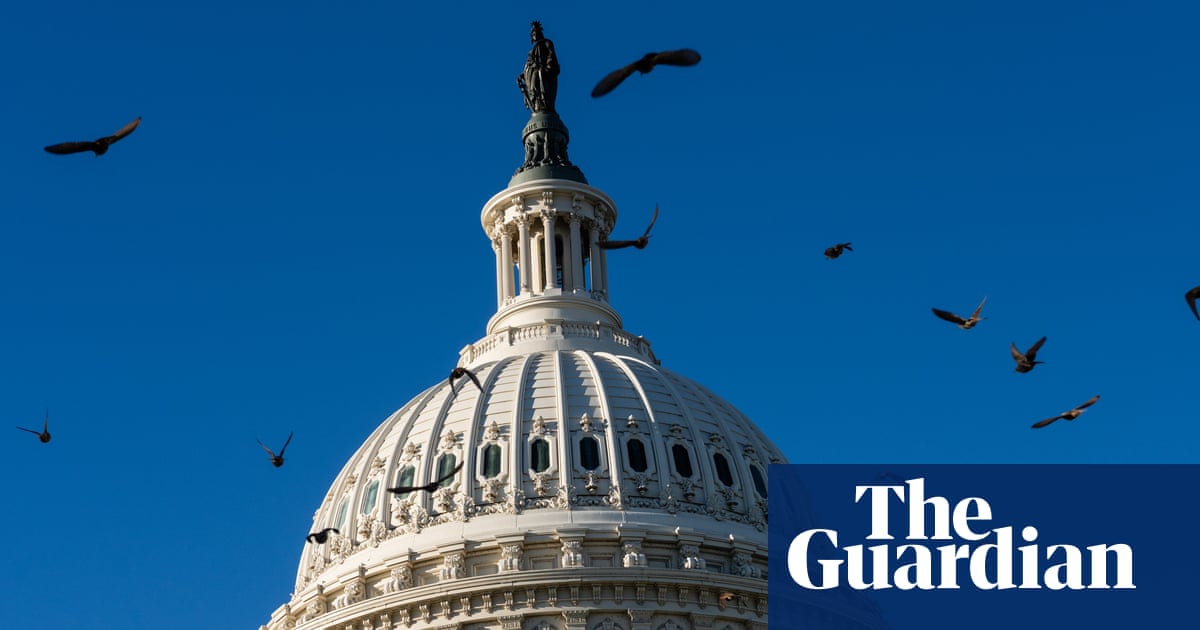Elections are imperfect reflections of public sentiment. But they are the least worst means to distribute political power. Each vote does count, however unsatisfactorily, under Westminster’s electoral system – except when people are denied one. For too long, those missing out have included 16- and 17-year‑olds. These teenagers are old enough to work, pay tax, join the army and make medical decisions. Yet they are judged too young to help decide who governs them.
The government proposes to resolve that anomaly. The decision to lower the voting age by the 2029 general election marks the largest extension of the franchise in more than 50 years. It is a long-overdue reform that brings England and Northern Ireland into line with Scotland and Wales. In democracies, those affected deserve a say. Opponents claim teenagers are too immature to vote. Political insight isn’t bestowed by a birthday. Foolishness and wisdom are spread across age groups. Younger people vote less reliably – but many adults also don’t bother. Apathy is no bar to suffrage.
Britain’s youth are already political – on social media and in the streets. What they’ve lacked is formal power. Little wonder that many feel alienated. Policies have too often favoured older voters – with higher turnout rates – while the concerns of younger generations, from climate breakdown to housing insecurity, go unheeded. A system skewed so sharply by age erodes its legitimacy. Sixteen-year‑olds in Scotland made history by voting in the 2014 independence referendum. They now cast ballots under proportional representation in Scottish and Welsh elections. Their participation is serious, their presence uncontroversial. Yet some teenagers who voted in 2014 couldn’t vote again in the 2015 general election or in the 2016 Brexit referendum.
A growing list of countries – including Austria, Brazil and Argentina – allow 16-year‑olds to vote in national elections. There is some evidence that voting becomes a habit when it starts in school. Such a reform belongs in a broader rethink of how our democracy works. Improving political education in schools is a must in the UK’s constituent parts. Lowering the voting age from 18 without addressing the digital information ecosystem would be an incomplete measure. If we entrust 16- and 17-year-olds with a vote, we must also ensure that they’re not the most vulnerable to manipulation, misinformation or disengagement. Ministers have so far fallen short of this challenge.
The pollster Sir John Curtice thinks new voters will add only about 3% to the electorate. Half of teenagers surveyed say they might not vote. But that doesn’t invalidate the principle. Expanding the franchise isn’t about party advantage – whatever some in Labour think – but about fairness. The leftwing party led by Jeremy Corbyn and Zarah Sultana, the Greens and Reform UK could all benefit. Political outcomes may surprise.
Young people deserve a say in the future that will shape their opportunities. To turn that right into engagement, parties need policies that speak to their concerns. Lowering the voting age will not by itself revive trust in democracy. If young people are not made to feel genuinely included in political life, it may have limited impact. But at a time of record‑low turnout, it is a signal that politics still belongs to the people. Including the young is not a gamble, it’s a commitment to the future.
-
Do you have an opinion on the issues raised in this article? If you would like to submit a response of up to 300 words by email to be considered for publication in our letters section, please click here.

 3 months ago
76
3 months ago
76

















































